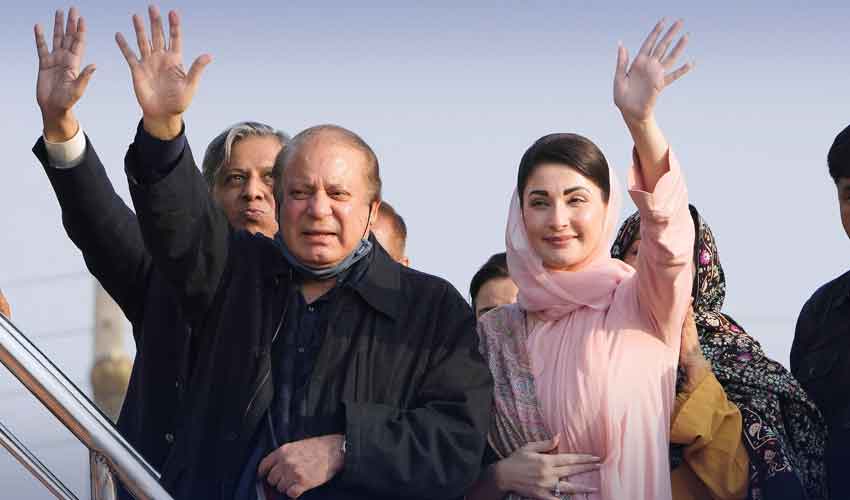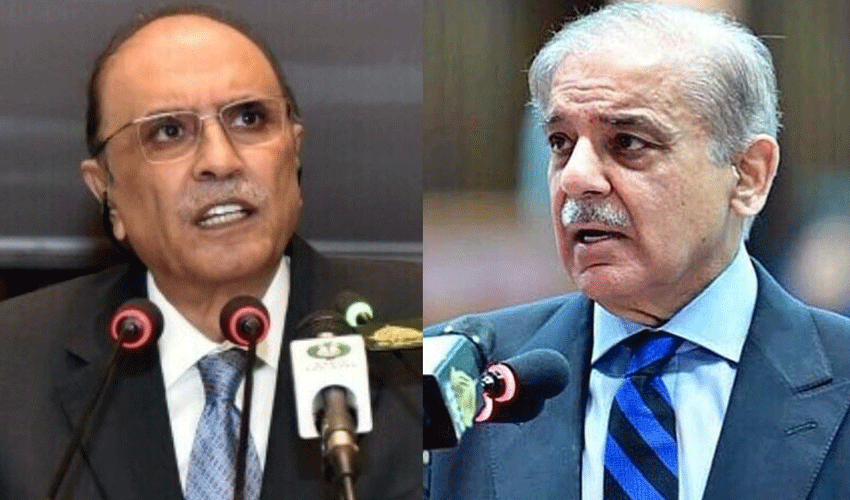The World Bank has raised concerns over Pakistan's current economic stability, deeming it unsustainable and urging for difficult reforms in various government sectors, particularly the energy sector.
According to the World Bank, Pakistan's economic growth rate for the current year is forecasted to be 1.8%, significantly lower than the target of 3.5%. Additionally, inflation is expected to remain high at 26%, exceeding the targeted rate of 21%.
The World Bank emphasized the importance of implementing reforms in the energy sector, as well as in pension and civil service systems. It highlighted that in the next financial year, the growth rate will rise to 2.3% and inflation come down to 15%, adding that a reduction in inflation and interest rate depends on sustainable financial stability.
"The debt ratio is likely to decrease from 73.1% to 72.3% next year," the report observed.
Furthermore, the World Bank pointed out that subsidies, grants, and loans provided to various government institutions are adversely affecting the economy. Among the 206 government-owned enterprises, 88 commercial enterprises are responsible for 99% of the assets, indicating the need for restructuring and efficiency improvements.
The report also highlighted the significant fiscal deficit attributed to government agencies, accounting for 18% of the total deficit. Approximately Rs1.3 trillion were spent on government institutions in 2022.
Moving forward, the World Bank emphasized the importance of keeping the primary deficit under control to ensure financial stability. It recommended reducing losses in sectors such as the National Highway Authority (NHA), Pakistan International Airlines (PIA), and the steel mills.
In response to these challenges, the World Bank called for concerted efforts to implement difficult but necessary reforms across various sectors to address the underlying issues and pave the way for sustainable economic growth in Pakistan.



























